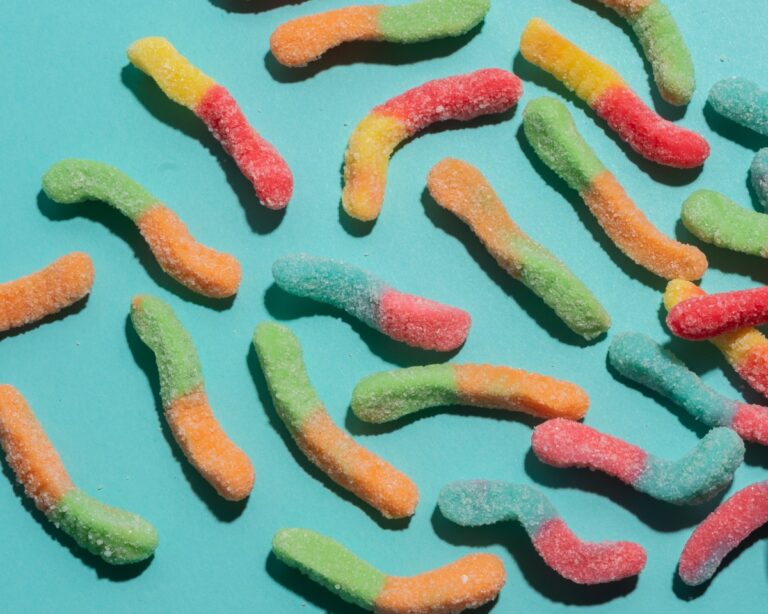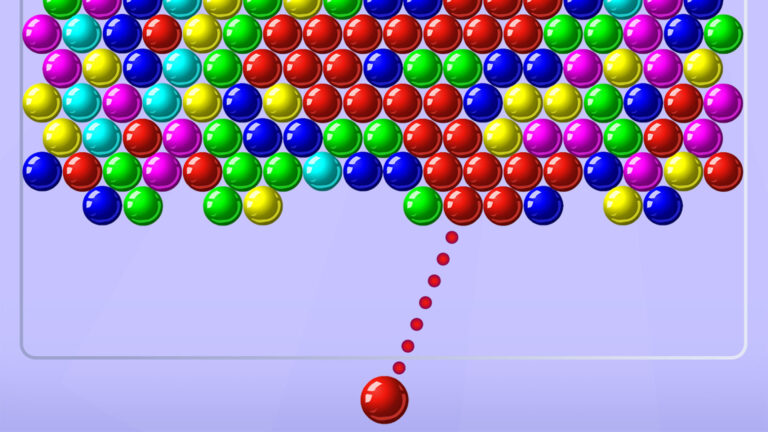Tag: thc edibles
THC Edibles and Their Impact on Sleep Quality and Insomnia Relief
With sleep problems among the most frequent concerns, cannabis consumption, especially in the form of edibles, has attracted more and more interest as a possible cure for many health problems. Among these, millions of individuals worldwide suffer from insomnia, which causes them to look for other therapies. The main psychoactive chemical in cannabis, THC, has shown promise in changing sleep patterns. Particularly, thc edibles provide a discreet and practical approach to include the molecule into a regimen aimed at improving sleep.
The Role of THC in Sleep Regulation
THC is well-known to interact with the endocannabinoid system of the body, which is absolutely important for controlling many physiological functions, including sleep. THC enters the bloodstream and hooks itself to receptors in the brain when ingested through edibles, producing a range of effects that might support more peaceful and deeper sleep. One of THC’s main effects is on slow-wave sleep—the restful portion of the sleep cycle. Those who eat THC edibles may thus have more deep sleep, which would make them feel more refreshed upon waking.
Long-Term Use and Potential Dependence
Although THC edibles might offer temporary relief for sleep problems and insomnia, their long-term use should not be without questions. Regular usage of THC to help sleep can cause tolerance, so greater doses may be needed over time to produce the same results. Furthermore, some people might be worried about possibly becoming psychologically dependent on THC, particularly if they use it as a sleep aid.

Dosage and Timing for Optimal Results
Regarding utilizing THC edibles for sleep, correct dosage is absolutely vital. Since edibles must be broken down in the digestive system, their effects may show anywhere from 30 minutes to two hours. Avoiding negative side effects like grogginess or anxiety depends on beginning a low dose and progressively raising it depending on personal tolerance. Furthermore, timing of ingestion is important; THC edibles should be taken ideally one to two hours before bed to provide the body ample time to absorb the molecule and encourage sleep.
For those looking for treatment from insomnia and sleep difficulties, thc edibles are a natural alternative with promise. Through interactions with the endocannabinoid system in the body, THC can assist control sleep patterns, especially by improving deep sleep stages. Like any medicine, though, careful use is essential, and people should be aware of the possibility for negative effects and reliance. THC edibles could be a useful addition to the toolkit for controlling sleep problems with correct dosage, timing, and consideration for individual responses.
















